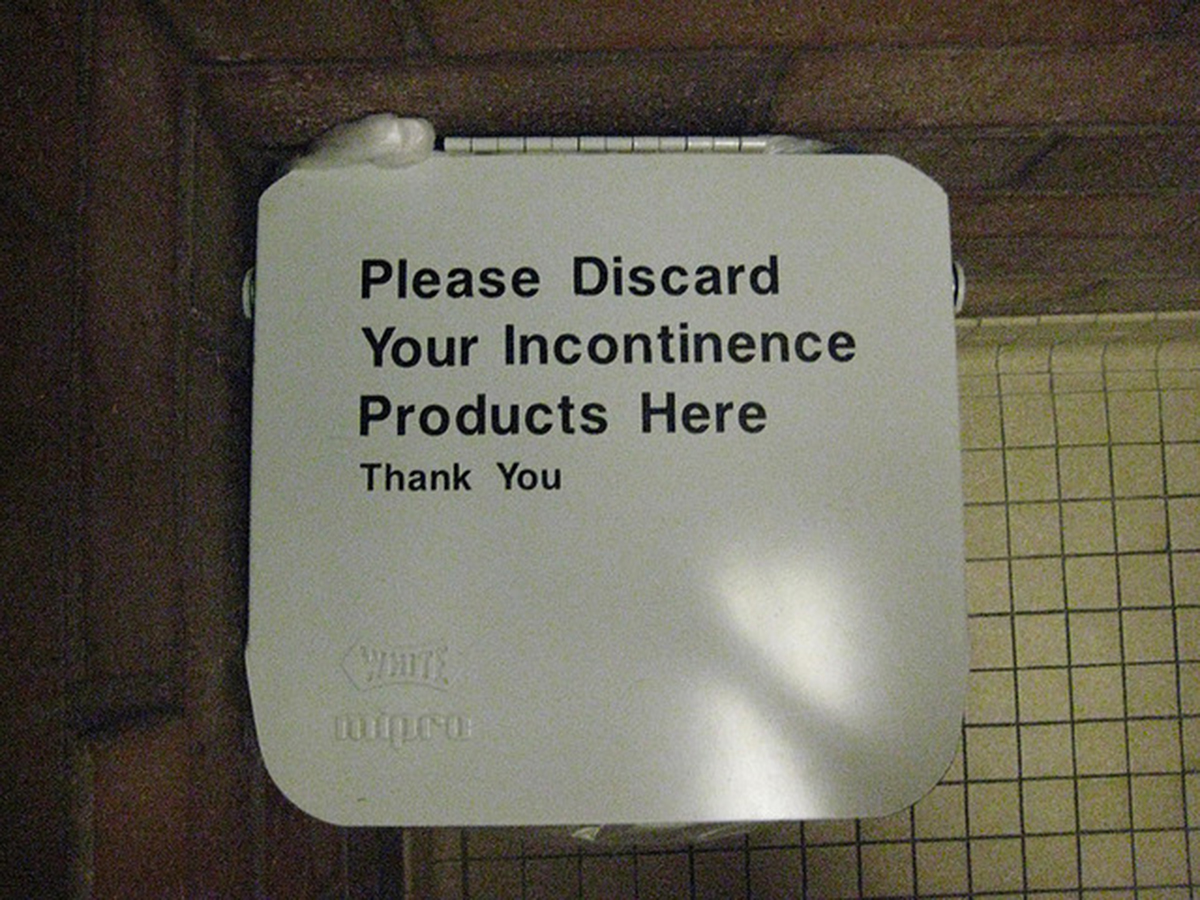Table of Contents
"I'm only 48 — too young, I think, for incontinence diapers. But there's no denying the fact that I'm experiencing regular leakages, and they affect my life. Sneezing, laughing, or coughing usually bring these leakages on. 'Oh no, here we go again,' I think, and then out it comes. I've tried wearing panty liners, but sometimes even they don't do the trick. It's embrassing. What can I do about it?"
Such is the dilemma posed to us by Wanda, a woman who had three children and leads an active, busy life. Wanda suffers from urinary leakages brought on by events that put pressure on the abdomen; she hasn't lost complete control of her bladder, and uses the toilet successfully when coughs, sneezes and uncontrollable laughter doesn't interfere. What's wrong with Wanda?

What Is Stress Incontinence?
Incontinence, the unintentional loss of urine, is pretty much always stressful. Stress incontinence doesn't refer to how losing urine makes you feel, though, but to what causes it. When physical events that place pressure on the bladder — like the sneezes, coughs and laughs that make Wanda "drip", but also heavy lifting or exercises — lead to urinary loss, that's stress incontinence. It's far more common in women than in men, and some people also experience urinary loss upon standing, exiting a car, or when they have sex. It differs from urge incontinence, which is caused by inappropriate bladder contractions and often involves a keen sense of needing to pee.
Weakened pelvic floor muscles can be too blame, but stress incontinence can also be caused by a problem with the sphincter muscle that opens and closes the bladder. While injury to the urethra or some medications can be responsible, many women will find that their stress incontinence has an awful lot to do with childbirth. Pelvic prolapse is a risk factor, but so is simply having given birth vaginally more than once. In men, prostate or pelvic surgery are often to blame.
Smoking, being obese, drinking lots and lots of coffee, and a hormonal imbalance can all play a role in causing stress incontinence as well.
You Deserve To Have Your Stress Incontinence Fixed
Urinary leakages can lead to a sore genital area that's red, inflamed, and prone to infections. That's enough of a reason to seek medical help, but stress incontinence can also have an enormous impact on your self-confidence. You may feel old and embarrassed, even to the point where your urinary leakages make you depressed and prevent you from going out in case it happens again.
READ Urge Incontinence Treatments
"At first I laughed it off," Wanda says, but she also admits that "the worse the problem got and the longer it went on, the deeper the impact my 'little pee problem' had on my life." Her kids make fun of her. Her urinary leakages affect her love life. She worries about it at night, and finds it difficult to conceal at work, particularly when she has a cold. Thankfully, stress incontience is something that can be treated.
- Photo courtesy of dm-set: www.flickr.com/photos/dm-set/3641789129/
- Photo courtesy of gus/: www.flickr.com/photos/gus/2744908737/


Your thoughts on this